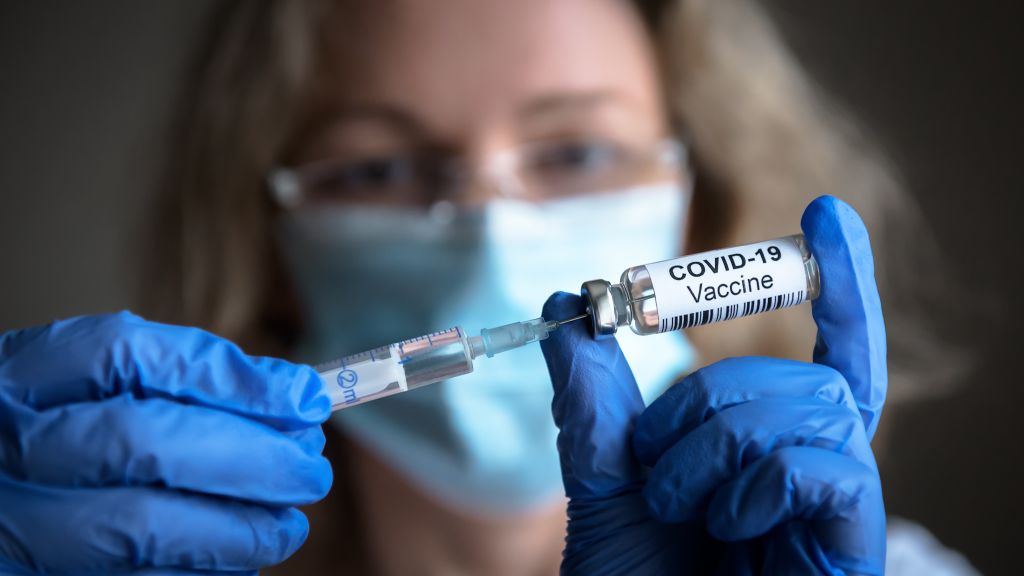UK-based SpyBiotech has received a grant of more than $4 million from the Bill & Melinda Gates Foundation to build its SpyVector platform for the development of a cross-protective coronavirus vaccine.
The platform, which is based on recombinant adenovirus – a viral vector which can induce cellular immunity – enables a covalent decoration with the antigens of the surface of the adenovirus. It also genetically encodes the antigen, and boosts adenovirus vaccine-induced humoral immunity against SARS-CoV-2 – a strain of coronavirus that causes COVID-19.
The platform increases the quantity of antibodies induced by decorating the adenovirus with the antigen while maintaining the T cell response to the encoded antigen, according to Sumi Biswas, CSO and founder of SpyBiotech. This display can avoid anti-vector immunity, thereby increasing the possibility of using the same vector multiple times, tackling a challenge faced by various other vaccine platforms.
“Published research validates that the coronavirus vaccine generated using SpyVector as showing strong potential to enable broadly protective coronavirus vaccines. The grant will allow for continued research that leads to the development of a vaccine platform that can be applied toward indications that we know about today or to prevent future pandemics,” said Biswas.
The biotech previously published immunogenicity and neutralization data which were studied in animals on the SpyVector platform for COVID-19 for which efficacy trials are yet to take place.
“In the last few years, work at SpyBiotech and by research groups around the world has generated important data on the platform’s potential across a broad range of diverse targets and different immunization platforms,” said Biswas.
Meanwhile, the company, which also specializes in the development of vaccine platform technology for other infectious diseases as well as cancer, will begin clinical trials for its lead vaccine candidate for human cytomegalovirus (HCMV) – a beta-herpesvirus which can cause lifelong infection – using its Hepatitis B virus-like particle platform technology.
A spin-off of the University of Oxford, SpyBiotech has raised $39 million so far, to further enhance its pipeline, including its protein ‘superglue’ technology which binds antigens to vaccine delivery in order to reduce delivery risk and improve immunogenicity.





